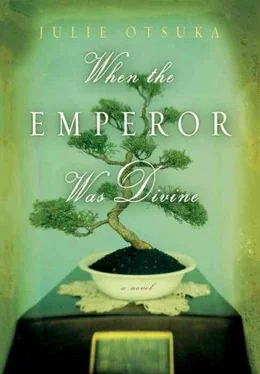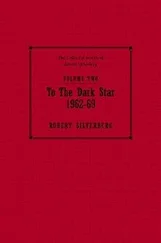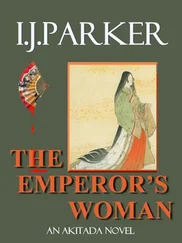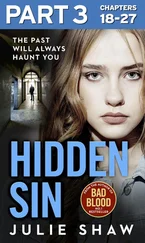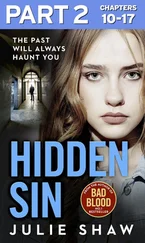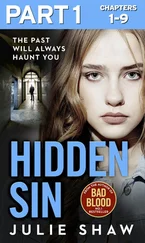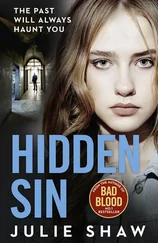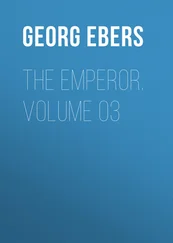HIS SISTER HAD LONG SKINNY LEGS and thick black hair and wore a gold French watch that had once belonged to their father. Whenever she went out she covered her head with a wide-brimmed Panama hat so her face would not get too dark from the sun. “Nobody will look at you,” she said to the boy, “if your face is too dark.”
“Nobody’s looking at me anyway,” he replied.
Late at night, after the lights had gone out, she told him things. Beyond the fence, she said, there was a dry riverbed and an abandoned smelter mine and at the edge of the desert there were jagged blue mountains that rose up into the sky. The mountains were farther away than they seemed. Everything was, in the desert. Everything except water. “Water,” she said, “is just a mirage.”
A mirage was not there at all.
The mountains were called Big Drum and Little Drum, Snake Ridge, the Rubies. The nearest town over was Delta.
In Delta, she said, you could buy oranges.
In Delta there were green leafy trees and blond boys on bikes and a hotel with a verandah where the waiters served ice-cold drinks with tiny paper umbrellas.
“What else?” asked the boy.
In Delta, she said, there was shade.
She told him about the ancient salt lake that had once covered all of Utah and parts of Nevada. This was thousands of years ago, she said, during the Ice Age. There were no fences then. And no names. No Utah. No Nevada. Just lots and lots of water. “And where we are now?”
“Yes?”
“Six hundred feet under.”
ALL NIGHT LONG he dreamed of water. Endless days of rain. Overflowing canals and rivers and streams rushing down to the sea. He saw the ancient salt lake floating above the floor of the desert. Its surface was calm and blue. Smooth as glass. He was drifting down through the reeds and fish were swimming through his fingers and when he looked up through the water the sun was nothing but a pale wobbly speck a hundred million miles above his head.
In the morning he woke up longing for a glass of Coke. Just one, with lots of ice, and a straw. He’d sip it slowly. He’d make it last a long long time.
A day. A week. A year, even.
EVERY FEW DAYS the letters arrived, tattered and torn, from Lordsburg, New Mexico. Sometimes entire sentences had been cut out with a razor blade by the censors and the letters did not make any sense. Sometimes they arrived in one piece, but with half of the words blacked out. Always, they were signed, “From Papa, With Love.”
Lordsburg was a nice sunny place on a broad highland plain just north of the Mexican border. That was how his father had described it in his letters. There are no trees here but the sunsets are beautiful and on clear days you can see the hills rising up in the distance. The food is fresh and substantial and my appetite is good. Although it is still very warm I have begun taking a cold shower every morning to better prepare myself for the winter. Please write and tell me what you are interested in these days. Do you still like baseball? How is your sister? Do you have a best friend?
THE BOY STILL LIKED BASEBALL and he was very interested in outlaws. He had seen a movie about the Dalton Gang— When the Daltons Rode —in Recreation Hall 22 . His sister had won second prize in a jitterbug contest at the mess hall. She wore her hair in a ponytail. She was fine. The boy did not have a best friend but he had a pet tortoise that he kept in a wooden box filled with sand right next to the barrack window. He had not given the tortoise a name but he had scratched his family’s identification number into its shell with the tip of his mother’s nail file. At night he covered the box with a lid and on top of the lid he placed a flat white stone so the tortoise could not escape. Sometimes, in his dreams, he could hear its claws scrabbling against the side of the box.
He did not mention the scrabbling claws to his father. He did not mention his dreams.
What he said was, Dear Papa: It’s pretty sunny here in Utah too. The food is not so bad and we get milk every day. In the mess hall we are collecting nails for Uncle Sam. Yesterday my kite got stuck on the fence.
THE RULES about the fence were simple: You could not go over it, you could not go under it, you could not go around it, you could not go through it.
And if your kite got stuck on it?
That was an easy one. You let the kite go.
There were rules about language, too: Here we say Dining Hall and not Mess Hall; Safety Council, not Internal Police; Residents, not Evacuees; and last but not least, Mental Climate, not Morale.
There were rules about food: No second helpings except for milk and bread.
And books: No books in Japanese.
There were rules about religion: No Emperorworshiping Shintos allowed.
IN LORDSBURG, the girl said, the sky was always blue and the fences were not so high. Only fathers lived there. At night they could see the stars. And during the day, eagles.
Our father does not worship the Emperor. She said that too.
“Does he ever think about us?” asked the boy.
“All the time.”
HIS FATHER WAS a small handsome man with delicate hands and a raised white scar on his index finger that the boy, as a young child, had loved to kiss. “Does it hurt?” he’d once asked him. “Not anymore,” his father had replied. He was extremely polite. Whenever he walked into a room he closed the door behind him softly. He was always on time. He wore beautiful suits and did not yell at waiters. He loved pistachio nuts. He believed that fruit juice was the ideal drink. He liked to doodle. He was especially fond of drawing a box and then making it into three dimensions. I guess you could say that’s my forte. Whenever the boy knocked on his door his father would look up and smile and put down whatever it was he was doing. “Don’t be shy,” he’d say. He read the Examiner every morning before work and he knew the answers to everything. How small a germ was and when did fish sleep and where did Kitty McKenzie go after they took her out of her iron lung? You don’t have to worry about Kitty McKenzie anymore. She’s in a better place now. She’s up there in heaven. I heard they threw her a big party the day she arrived. He knew when to leave the boy’s mother alone and how best to ask her for ice cream. Don’t ask her too often and when you do, don’t let her know how much you really want it. Don’t beg. Don’t whine. He knew which restaurants would serve them lunch and which would not. He knew which barbers would cut their kind of hair. The best ones, of course. The thing that he loved most about America, he once confided to the boy, was the glazed jelly donut. Can’t be beat.
HIS MOTHER SAID it aged you. The sun. She said it made you grow old. Every night before she went to bed she daubed cream on her face. She rationed it out as though it were butter. Or sugar. It was Pond’s. She’d bought a large jar at the pharmacy the day before they had left Berkeley. “Got to make it last,” she said. But already she had almost used it all up. “I should have planned ahead,” she said. “I should have bought two.”
“Maybe three,” said the boy.
She stood in front of the mirror tracing the lines along her forehead and neck with her finger. “Is it the light,” she asked, “or are there bags under my eyes?”
“There’s bags.”
She pointed to a wrinkle by her mouth. “See this?”
He nodded.
“A recent development. Your father won’t know who I am.”
“I’ll remind him.”
“Tell him…” she said, and then her voice drifted off, and she was somewhere far away, and outside a hot dry wind was blowing up from the south and across the high desert plains.
Читать дальше
